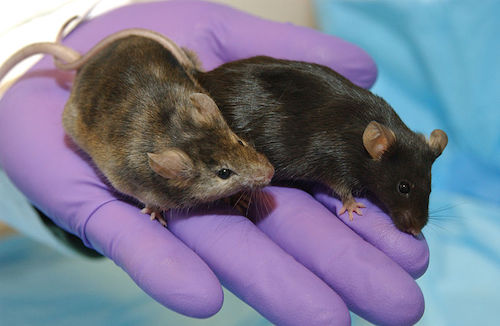 Culture & Ethics
Culture & Ethics
Artificial Eggs Used to Make Living Animals

As we roll around in the dirt like Sarge fighting Beetle Bailey, big and potentially culture-altering events are occurring in the world that are not being discussed, much less debated.
Scientists have turned rodent skin cells into eggs, which were fertilized and the resulting embryos brought to birth. From the Telegraph story:
Artificial eggs have been grown in a petri dish for the first time and used to create living animals in a breakthrough hailed as ‘remarkable’ by British experts.
Scientists in Japan proved it is possible to take tissue cells from the tail of a mouse, reprogramme them as stem cells and then turn them into eggs in the lab.
The ‘eggs in a dish’ were then fertilised and the resulting embryos were implanted in female mice which went on to give birth to 11 healthy pups.
This is huge and there is no reason why the proper techniques couldn’t, one day, be used on humans. Such research will be sold to the public as a breakthrough to help the infertile have babies.
But the primary and most significant uses to which this technology will likely be put is as the great accelerator to human cloning research, genetic engineering, and other such technologies that have been stymied by a shortage of human eggs, one of which is needed for every cloning try.
That dearth may now be ending. Once biotechnologists can indulge in mass cloning, it’s Brave New World time, baby!
These technologies could have a huge impact on perceptions of what it means to be human. Yet where are the important national — nay, international — conversations about how and whether to proceed down this path? Where are the debates about what, if any, limits should be placed on this technology?
Those debates aren’t much happening.
Photo: Lab mice, by Maggie Bartlett, NHGRI, [Public domain], via Wikimedia Commons.
Cross-posted at The Corner.
